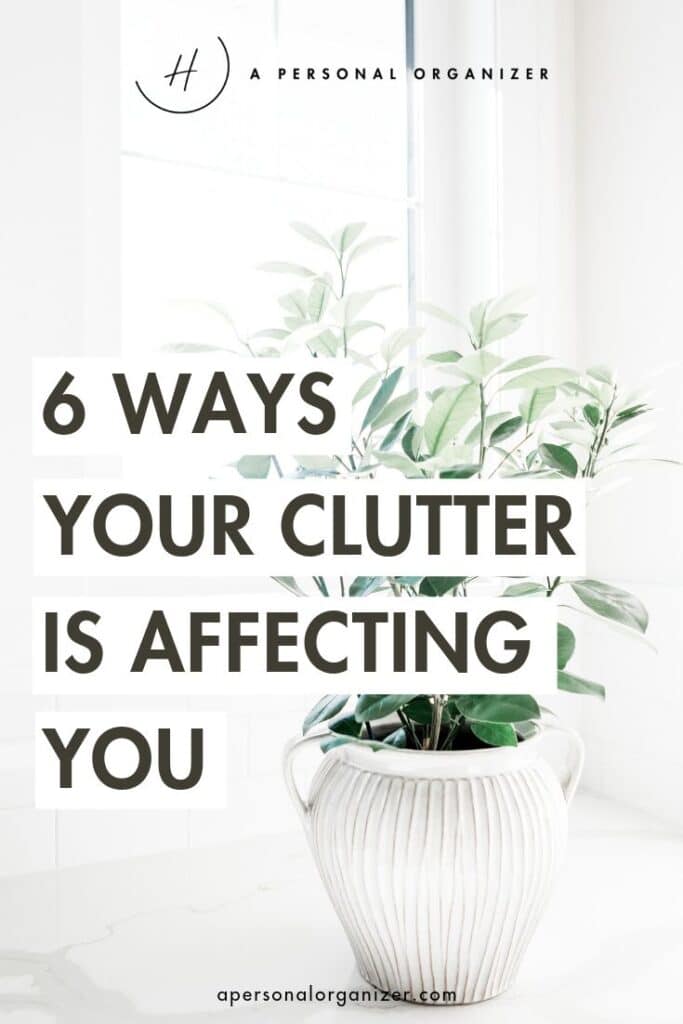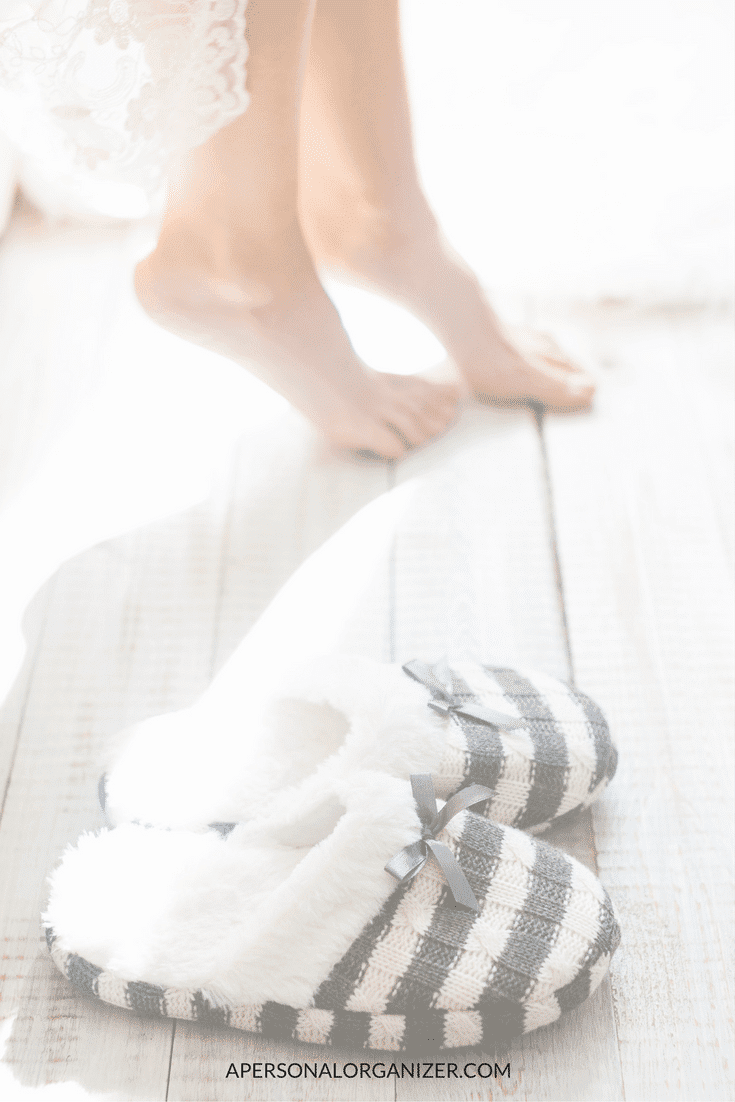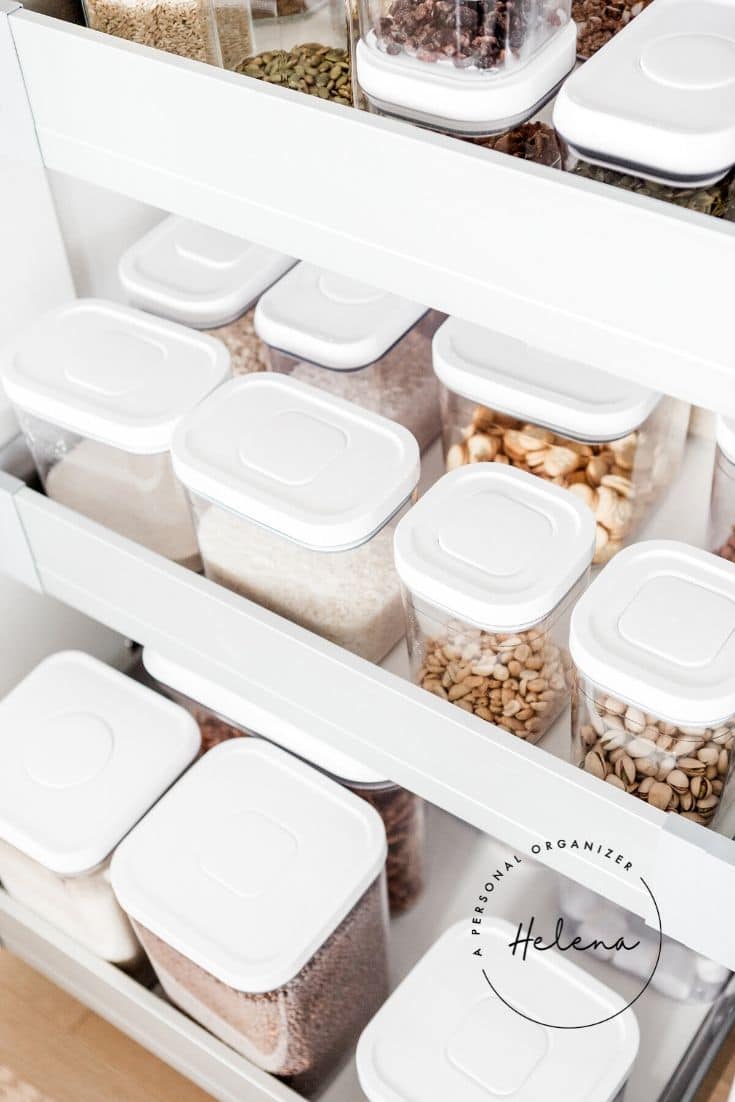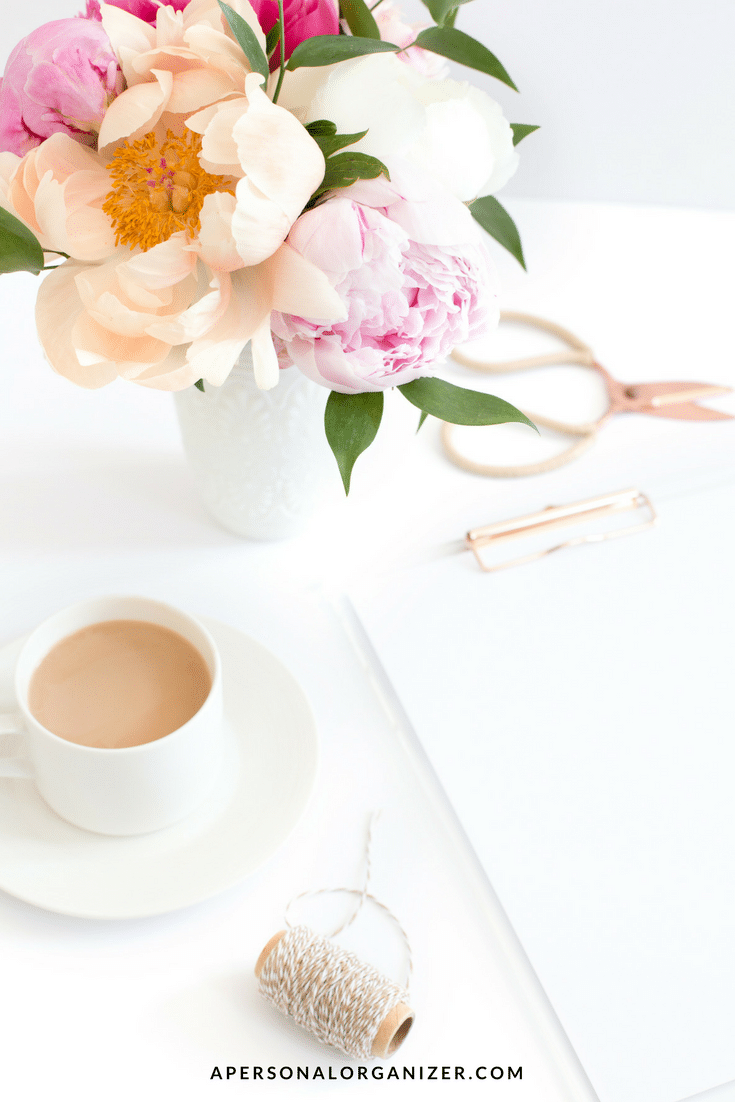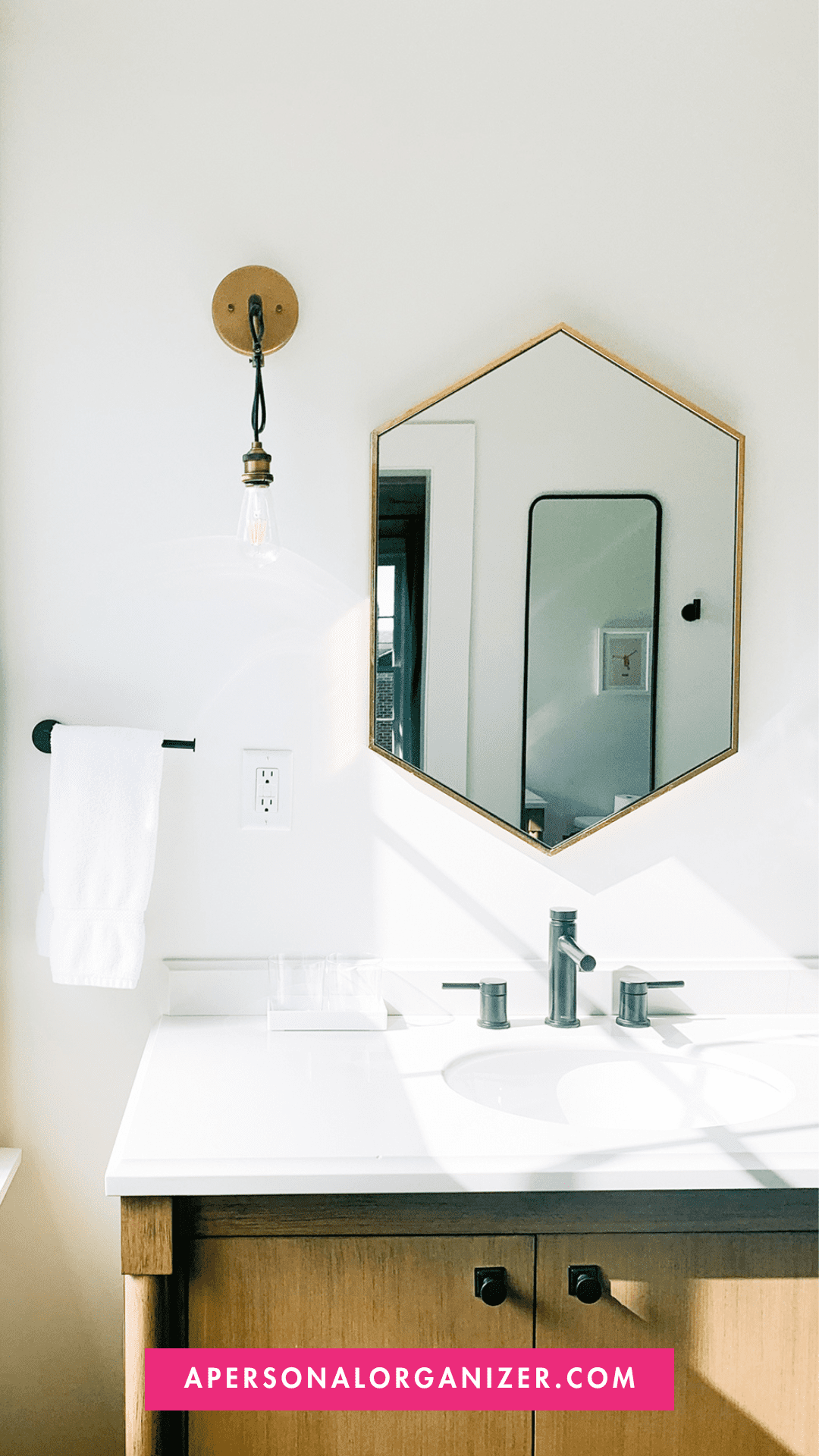Learn About The Effects Of Clutter And How Decluttering And Getting Organized Can Improve Your Health And The Well Being Of Your Whole Family
Simply “being messy” isn’t a disorder but there are emotional effects to living in chronic clutter. When your home is in a constant state of clutter and disarrey you can become overstimulated by your environment. Overstimulation is a known cause for anxiety and can have other negative health and wellness impacts.
Overstimulation occurs when the senses – sight, smell, hearing, touch, and other senses – are maxed out from too much input. Too much stimulation can lead to anxious feelings and other feelings like anger and depression.
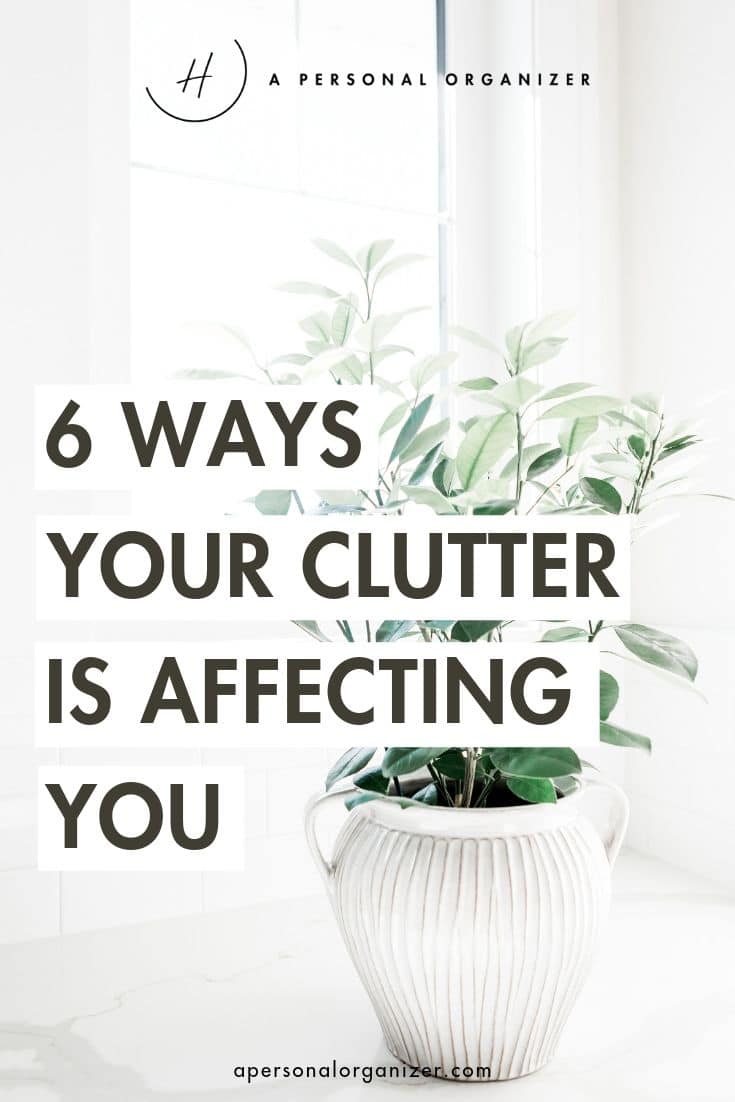
Living with clutter and in a disorganized environment can add to the stress levels within the whole family. Here’s how:
1. Kids Need And Thrive In Structure
Disorganized and clutter filled homes tend to be very unstructured. Laundry gets out of control and kids are running around looking for clean clothes. Eating take-out becomes a habit because there is not enough food in the house to make a meal. All of the disorganization in a home creates unnecessary stress.
Kids love structure and predictability and it’s much easier to parent or even plan for me-time when everyone knows what will happen.
If scheduling makes you feel too rigid, if you feel a routine will take away the spontaneity from daily life, if you like to roll with the flow, try a new perspective on how you see routines.
I like to present routines as “what you do to clear the way for what you love to do.”
2. Order Creates Calm
Being at home should feel peaceful. It should be where you push reset and reconnect with yourself and your loved ones. Having a pleasant environment free of clutter and over stimulation helps families unplug from the world and re-charge for each new day.
If your home is in a chronic state of clutter and disorganization, it is hard to recharge.
Subconsciously your mind is thinking about the piled-up dishes, laundry, unfinished projects, and other signs of clutter. It’s sending you the negative messages associated with what “should be done”. The constant sense of things being undone can trigger anxious feelings of overwhelm.
3. Families Are A Team
If one member of the family is expected to carry the lion’s share of responsibility, it will most likely cause resentment and fatigue. Sometimes people check out when they feel unsupported.
Families are a team, and everyone should be contributing to the welfare and care of the home. Even stay-at-home parents need support with home maintenance and responsibilities.
On the other hand, is important to understand what “organized” means to each family member and be respectful of that. My expectations of what organized means are very different from that of my children or my husband. Adjust and pick your battles.
I like to remember that not every hill is worth dying on.
4. Disorganization Wastes Time
Being disorganized robs families of their time. Time to recharge and connect with one another.
When family members are constantly spending time looking for lost items, people can become chronically late and end up doing things in a constant state of hurry. The scramble to clean up for unexpected company or devoting an entire day to catch up on laundry can cause undue anxiety and cause you to miss out on fun activities that bring you joy.
5. Disorganization Causes Embarrassment
The end results of living in chaos or overwhelm can cause embarrassment. Missing appointments due to a disorganized schedule can cost time and money.
A co-worker asking for a ride might result in an uncomfortable situation when your car is piled with food containers, tossed-aside clothing, and sports equipment.
Having company in your home when it doesn’t truly reflect who you are can make you feel uncomfortable. On a personal level, your mental and physical health can suffer from living amidst constant clutter.
6. Being Disorganized Costs Money
Families who are not organized tend to eat out more often, spend more on clothing and other items, and fail to stay within their means. This is a result of not planning ahead and not keeping track of what you already have.
This stress can affect each member of your family and the relationships you have.
Being organized makes it possible to manage a budget, keep track of important items, and prep ahead for meals and grocery shopping. Being organized extends the life of clothing and other frequently used items because you can see what you have and what you need.
Conclusion
Once you look at all of the effects of clutter you can begin to see how time spent decluttering and organizing your home and routines is time very well spent. An overstimulating environment that is the result of constant clutter is cause for anxiety.
Sitting on your sofa after a long day or staring at yesterday’s dishes don’t promote relaxation. Scrambling to find your kids shoe when you are already late for work won’t get your day off to a fresh start.
There are real emotional consequences to clutter and chaos. You can improve your mental health and increase the enjoyment you get out of every day by taking steps to become clutter-free and organized.

